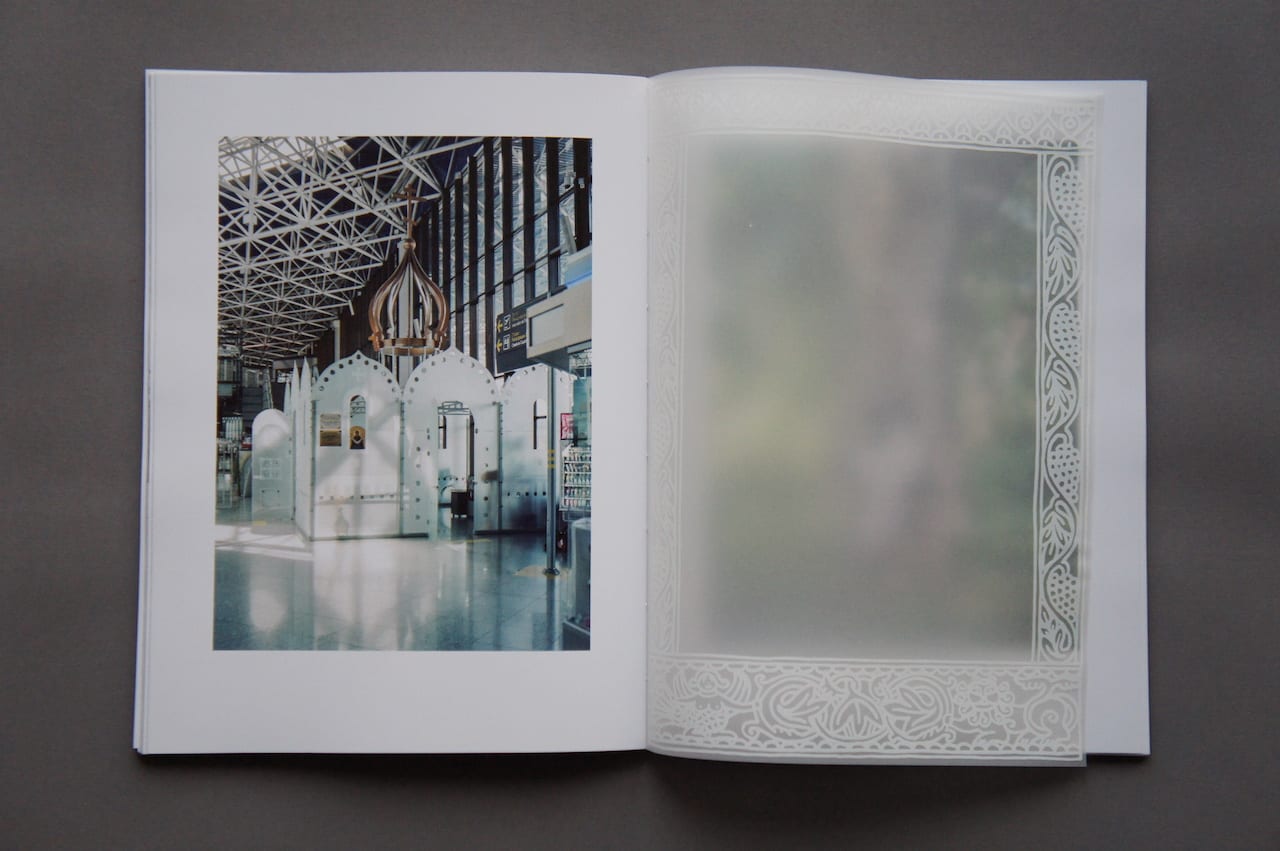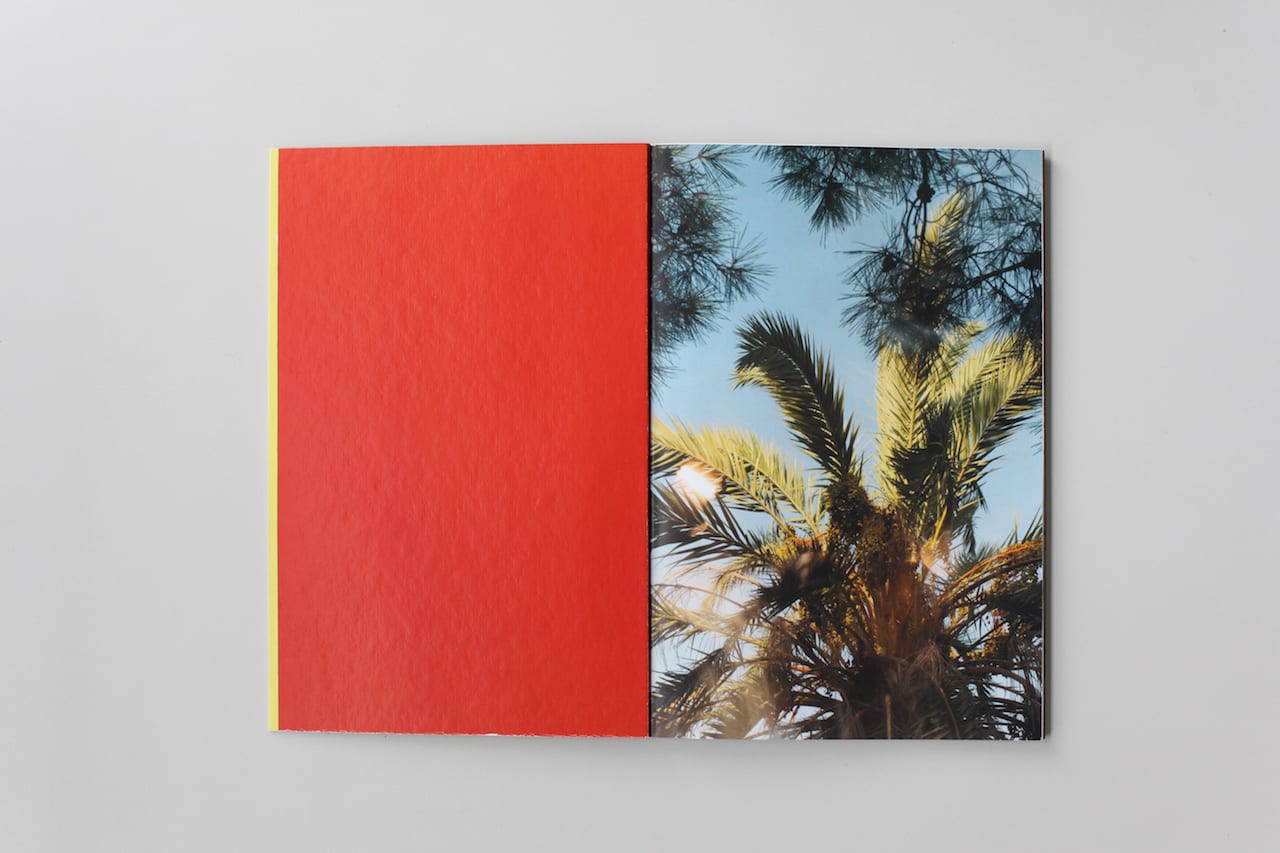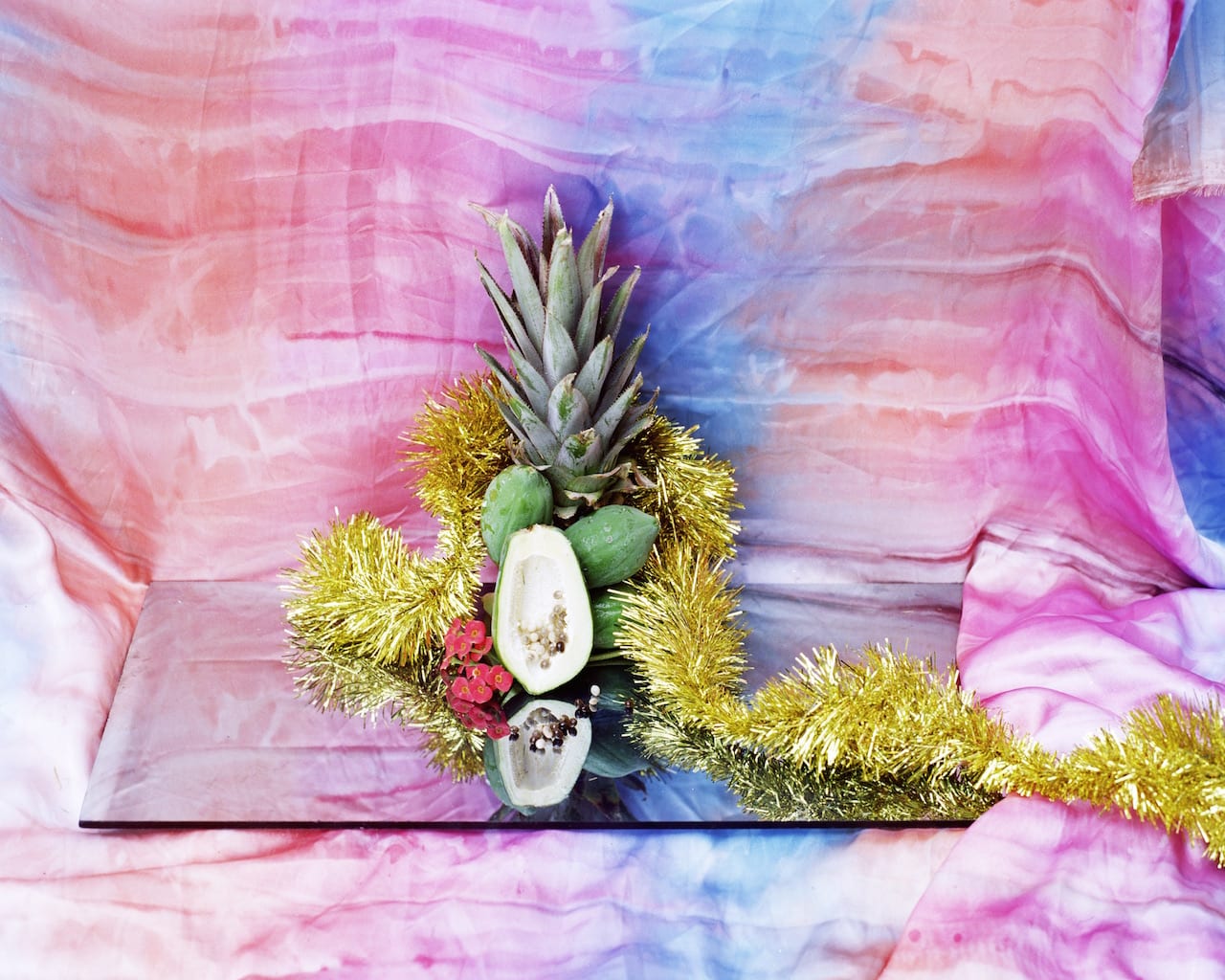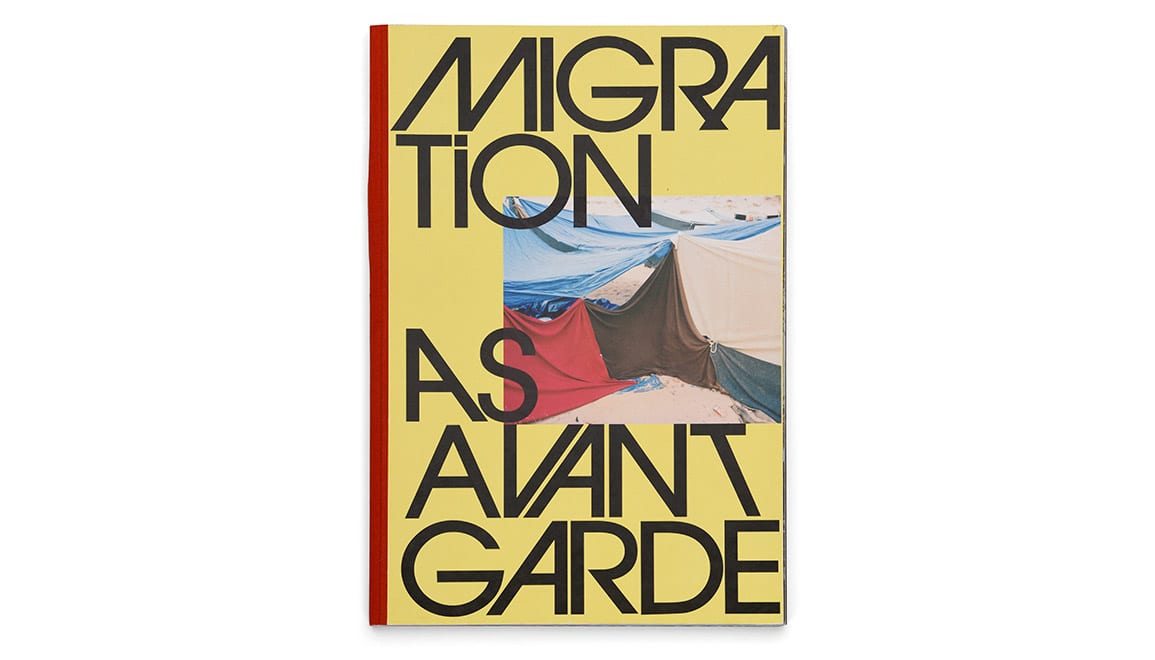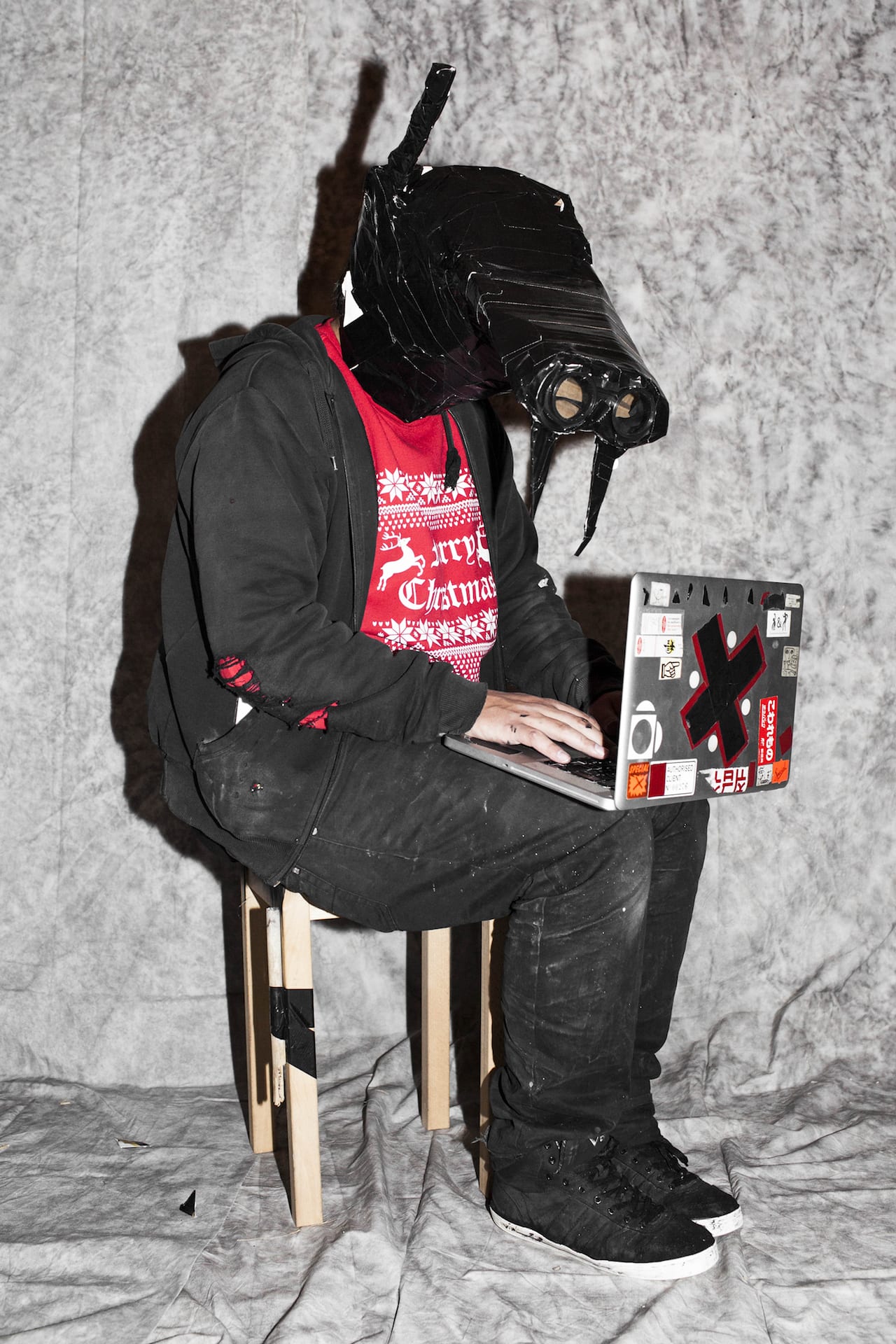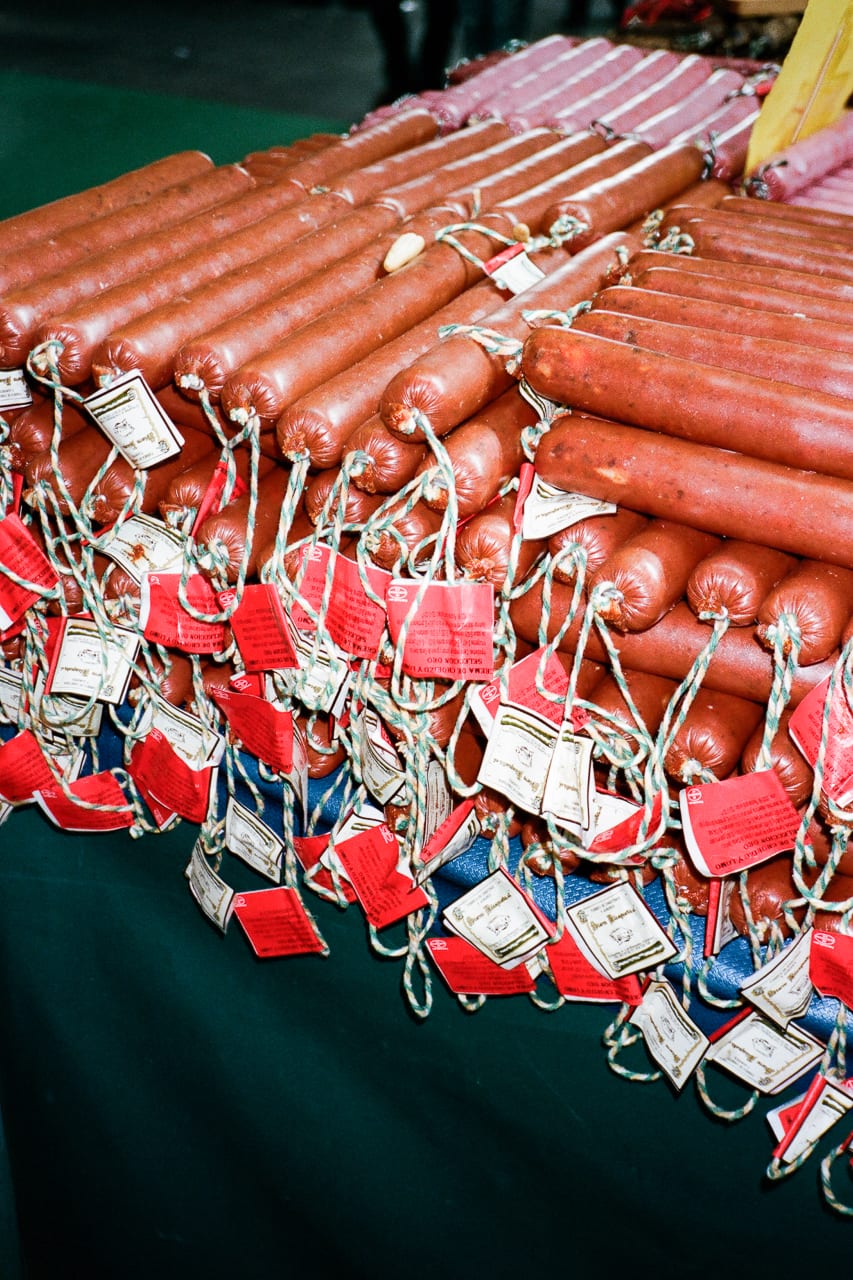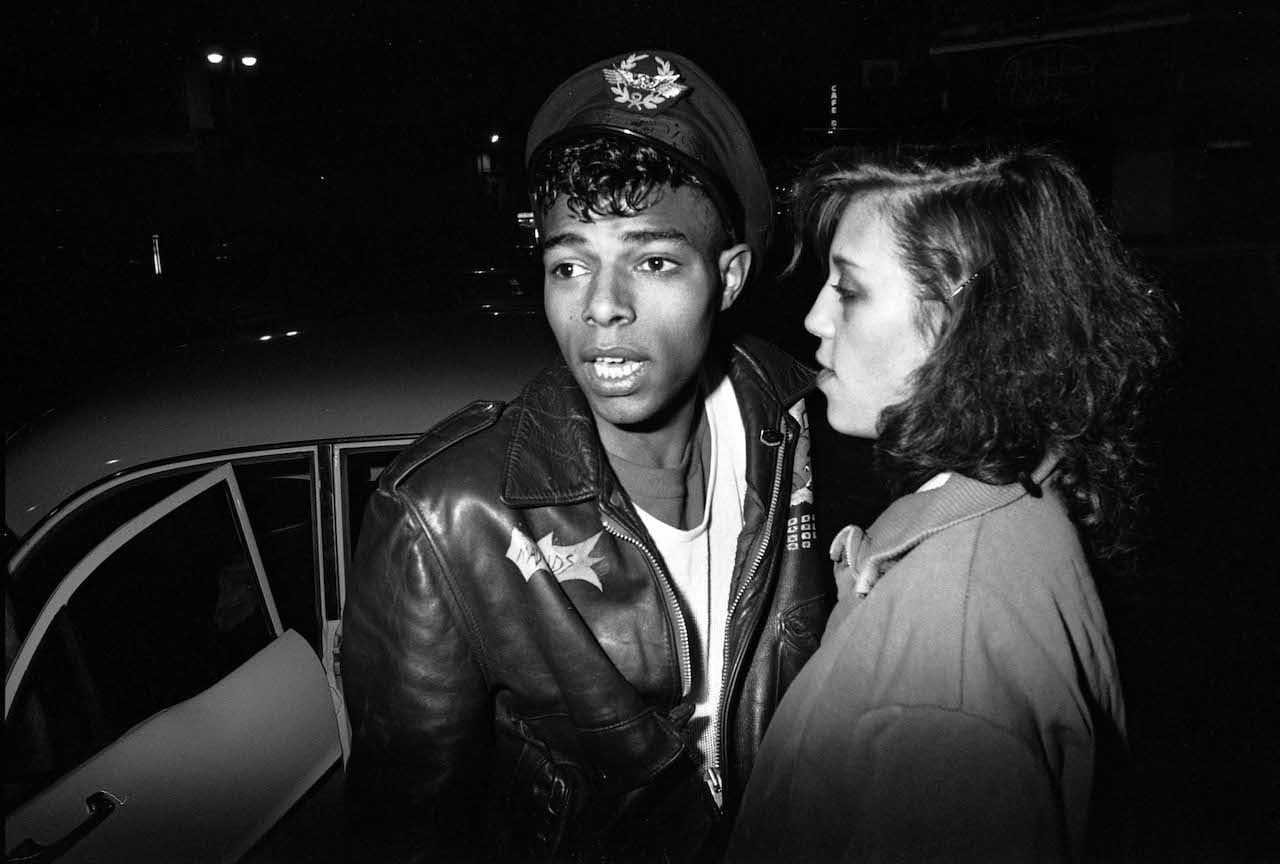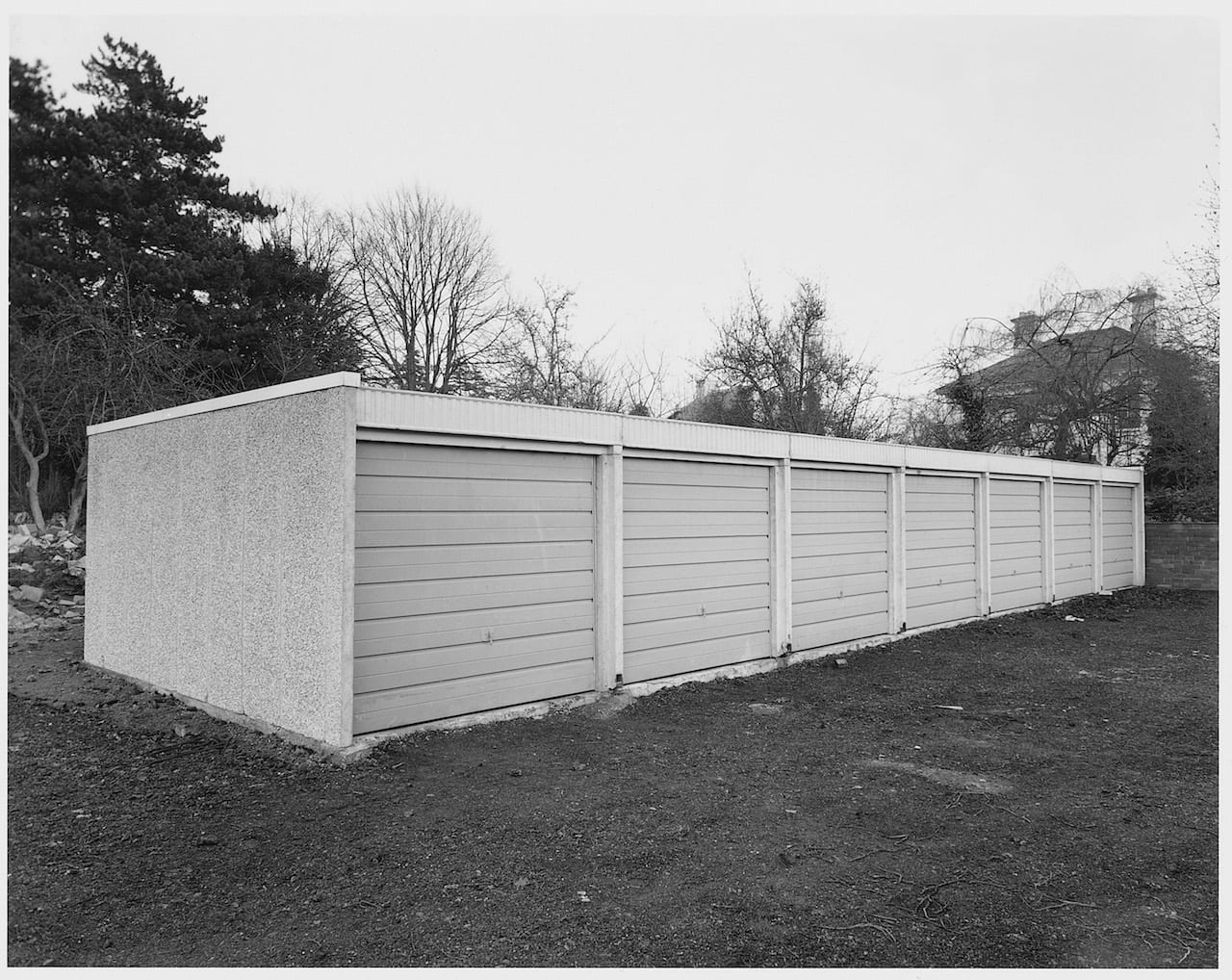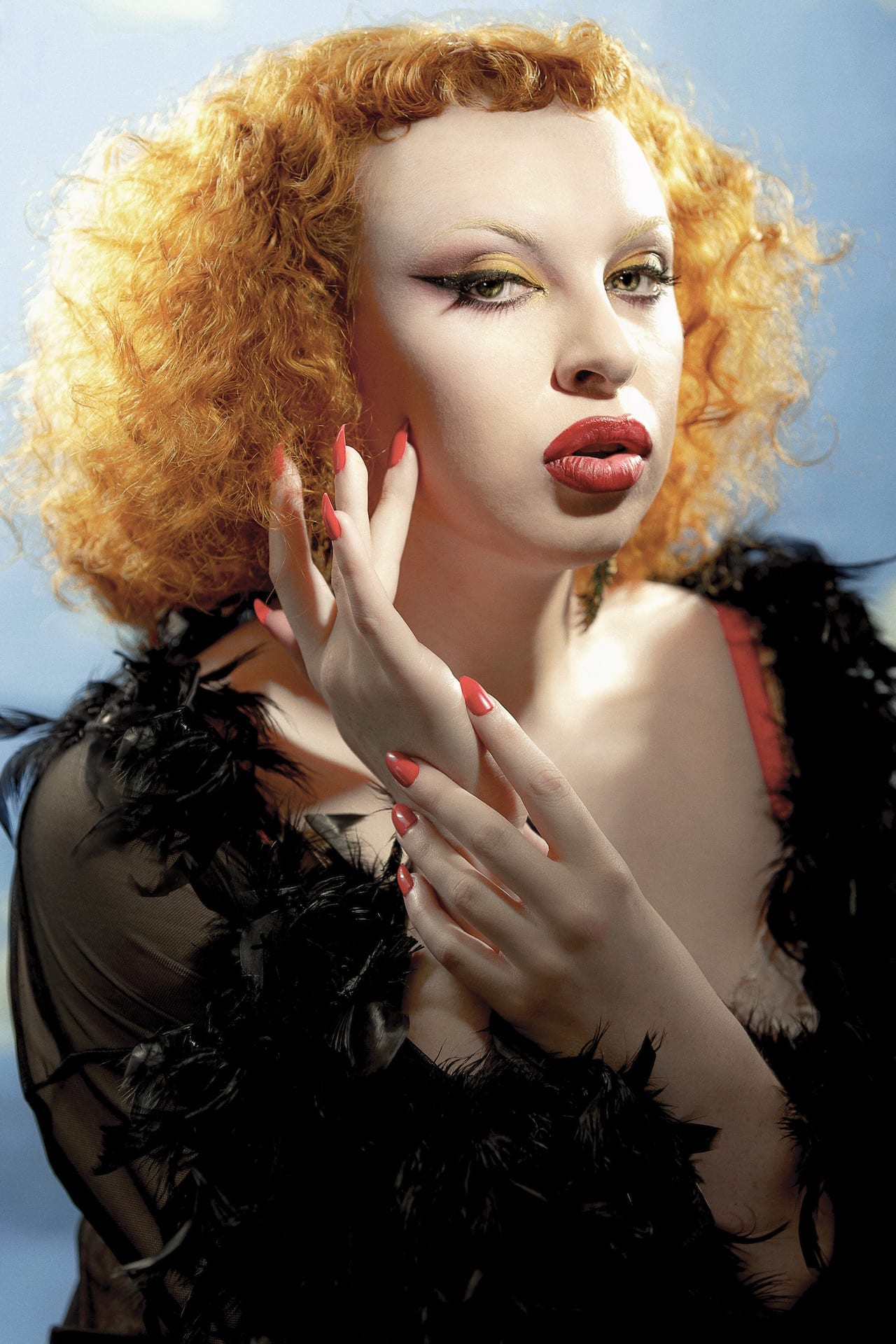“When I became a parent, I had the idea to make a photographic book for children,” says Russian photographer Andrey Ivanov, who has won the Photobookfest Dummy prize. “I started to photograph subjects and images of Russian fairy tales. At first it was a series of purely staged photos, but then I began to notice that some of the documentary photos I found fitted perfectly into this fabulous series.
“The fairy tale is the most authentic source of Russian archetypes. As the saying goes: ‘A fairy tale is a lie – yet there is a hint in it, a good lesson to good fellows’. The viewer follows the photographic tracks of the main hero of the fairy tale, referring to the cultural codes of the collective unconscious, and guesses or recognises the fairy-tale images, or hints of them.”

